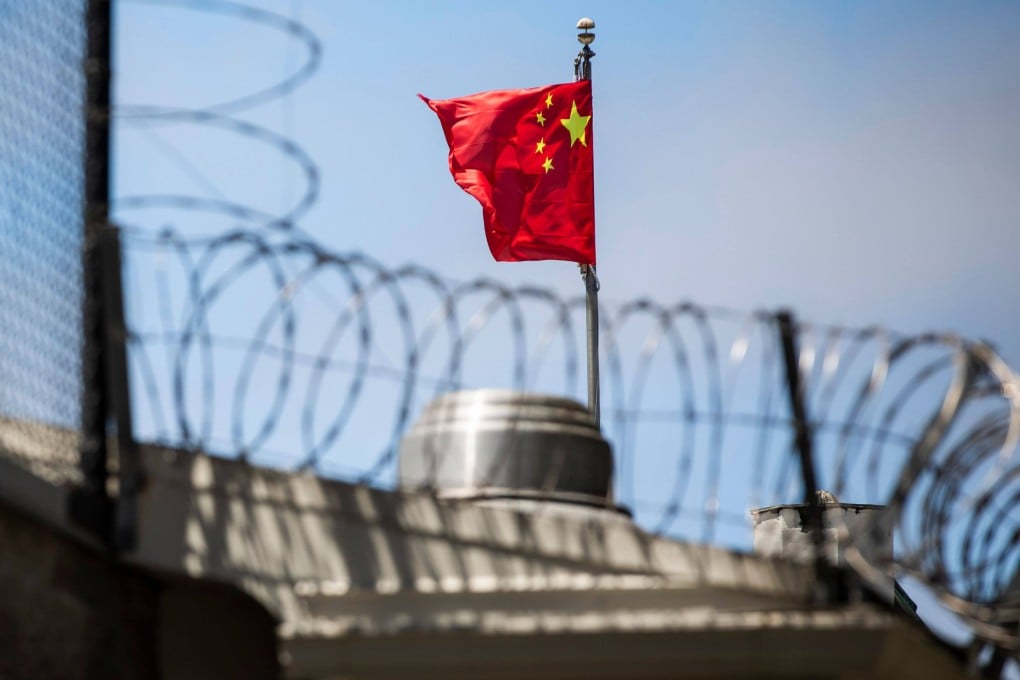Opinion | Why is China missing from US presidential election debate?
It is worrying that candidates and voters have little interest in probing the US’ most consequential foreign policy issue of the century

The failure to focus on China was in one sense predictable. US voters have been largely fixated on other anxieties during this election cycle: abortion and women’s reproductive rights, immigration and border security, and inflation and pocketbook issues.
Almost all subsequent presidential debates, including the three encounters between Trump and Hillary Clinton in 2016, have included exchanges on Sino-American relations. (Trump’s constant references to “Chai-nah” that year were even the subject of a viral video.) Is the American electorate so overwhelmed by polarised social media discourse and the 24-hour news cycle that it has lost its appetite for substantive policy discussions?
Of course, both parties’ agreement on the severity of the China threat may also explain their inclination to ignore it. Moreover, given the tendency of US politicians to blame others for problems of their own making, the shared scapegoating of China is hardly surprising.

